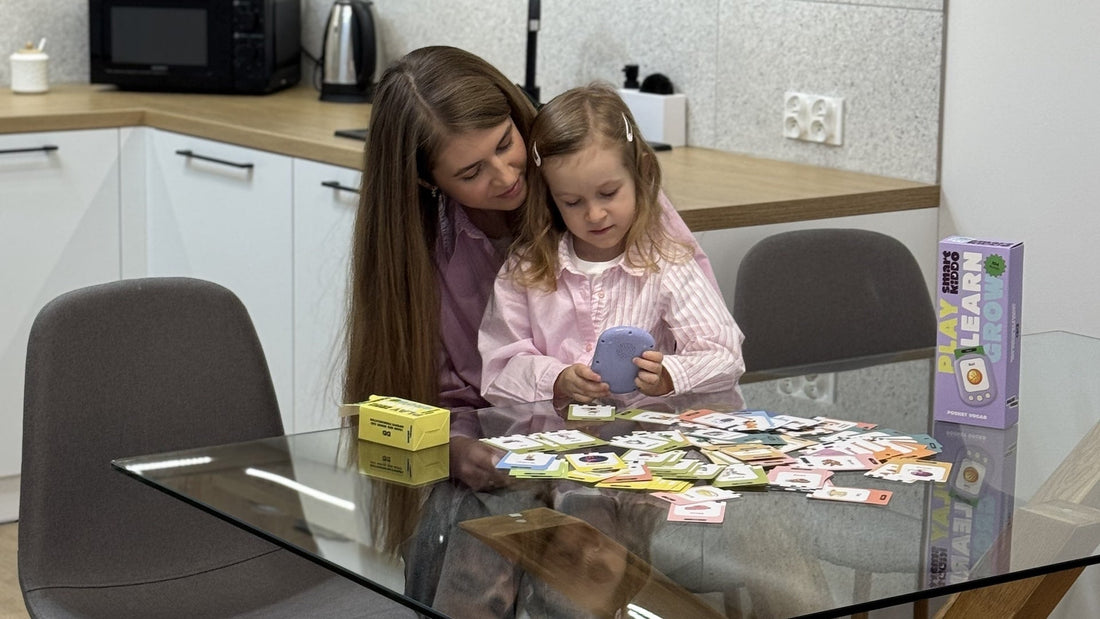
Speech delays 101: signs, solutions, and support
Every parent eagerly awaits their child’s first words, but what happens when those words take longer to come? Speech delays are more common than many realize and can stem from various factors, including excessive screen time, limited verbal interaction, or underlying developmental conditions. While some children naturally take longer to start talking, early support can significantly impact their ability to communicate, build confidence, and thrive academically. Understanding the signs and knowing how to encourage speech development can make all the difference.
Why early speech development matters
Language is a critical part of cognitive and social development. Delayed speech can impact:
- Social skills – Difficulty expressing thoughts can lead to frustration and isolation.
- Emotional development – Struggles with communication can affect confidence.
- Academic success – Language delays in early years may affect reading and writing skills later on.
- Problem-solving abilities – Language helps children process and articulate their thoughts.
Common causes of speech delays
Not all speech delays indicate a serious problem, but common contributing factors include:
- Excessive screen time – Passive media consumption reduces opportunities for real-life interaction.
- Lack of verbal engagement – Children need direct, face-to-face conversation to develop speech.
- Hearing issues – Undiagnosed hearing problems can lead to delayed language development.
- Developmental disorders – Conditions like autism spectrum disorder (ASD) or childhood apraxia of speech can impact communication.
Practical strategies to support speech development
If you’re concerned about your child’s speech, here are simple, effective ways to encourage communication:
1. Talk, talk, talk (even if they don’t respond yet)
Narrate everyday activities: “We’re putting on your shoes — one, two! Now let’s zip up your jacket.” This constant exposure to words builds vocabulary and understanding.
2. Turn screen time into talk time
Instead of passive entertainment, choose interactive toys or activities that encourage conversation. Screen-free learning tools like SmartKiddo help children engage with language in a fun, pressure-free way.
3. Read aloud daily
Books introduce new words, sentence structures, and storytelling skills. Let your child pick books they enjoy, and pause to ask questions: “What do you think will happen next?”
4. Use simple, clear speech
Speak slowly, use short sentences, and emphasize key words. “Let’s eat the apple! Apple! Can you say apple?”
5. Encourage imitation and repetition
Children learn through mimicry. Repeat words often and encourage imitation through games, songs, and playtime.
6. Make speech fun!
Games like “I Spy” or sound-matching activities help children practice listening and forming words in an engaging way. SmartKiddo’s interactive prompts encourage playful speech-building exercises.
When to seek professional help
While many speech delays resolve with time and practice, it’s important to consult a speech therapist if:
- Your child isn’t using words by 18 months.
- They struggle to imitate sounds or gestures.
- Speech is difficult to understand by age 3.
- They seem frustrated when trying to communicate.
Speech development isn’t a race, but an ongoing journey. With patience, practice, and the right tools, parents can create a language-rich environment that sets their child up for success.
Meet Sarah and her son, Jake
"I never imagined I’d be worried about my son’s speech development," says Sarah from Austin, Texas. "At two and a half years old, Jake was bright, curious, and playful — but unlike his peers, he wasn’t talking much. While other kids in his playgroup were stringing words together, Jake mostly pointed and used a handful of basic words. Our pediatrician reassured me that kids develop at their own pace, but deep down, I kept wondering: was he falling behind?"
After months of searching for solutions, Sarah realized that early intervention and the right strategies could make all the difference. "I read everything I could, talked to experts, and started making small changes at home. I didn’t need fancy programs or rigid exercises — just more conversations, more play, and less screen time."
She began narrating daily activities, cutting down on screen time, and engaging Jake in playful speech-building exercises. "It wasn’t overnight, but little by little, he started repeating words, then forming short sentences. The first time he said ‘Mommy, look!’ in a full sentence, I almost cried."
Her experience highlights an important truth: small, consistent efforts can lead to big breakthroughs in speech development.
References & Footnotes
- American Speech-Language-Hearing Association (ASHA) – Speech and language development milestones. ASHA
- Centers for Disease Control and Prevention (CDC) – Language milestones and early intervention. CDC
- Journal of Pediatrics – Impact of excessive screen time on language development. J Pediatrics